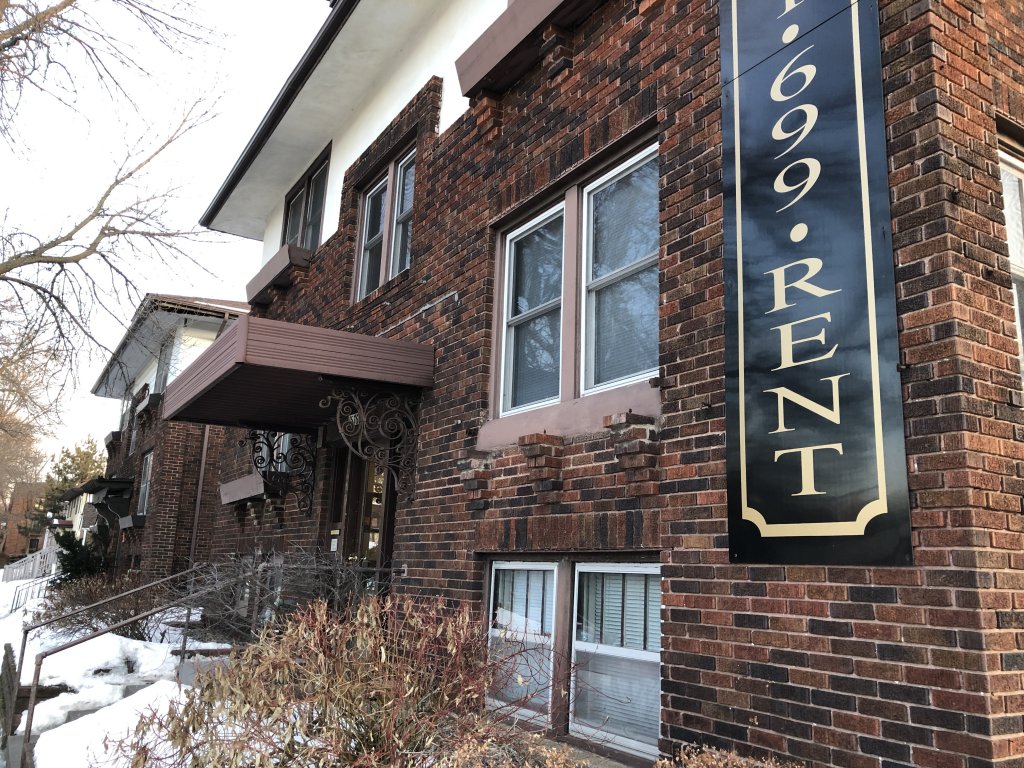Rent control question St. Paul will vote on this fall
By By Max Nesterak
Minnesota Reformer
Minnesotareformer.com
The St. Paul City Council unanimously approved the rent control ballot language that will be put to voters this November. If passed, the measure would institute one of the country’s most rigorous rent stabilization policies and the state’s first.
The ballot language — drafted by city staff to reflect a citizen-led petition — would limit landlords from increasing rent more than 3% per year on all units throughout the city.
The city council approved the language without discussion on Wednesday. Due to the successful signature drive, the council must essentially rubber stamp the proposal. The Housing Equity Now St. Paul coalition presented about 5,500 valid signatures supporting the ballot initiative to election officials in June, more than required to put an ordinance change on the ballot.
“Now that St. Paul has one of the strongest tenant protections in the state, we need rent stabilization to make sure our neighbors aren’t pushed out of their communities,” said Danielle Swift, an organizer with the Frogtown Neighborhood Association, during a news conference announcing the campaign in March.
The rent stabilization question as it will appear on the ballot:
Should the City adopt the proposed Ordinance limiting rent increases? The Ordinance limits residential rent increases to no more than 3% in a 12-month period, regardless of whether there is a change of occupancy. The Ordinance also directs the City to create a process for landlords to request an exception to the 3% limit based on the right to a reasonable return on investment. A “yes” vote is a vote in favor of limiting rent increases. A “no” vote is a vote against limiting rent increases.
Unlike policies in other cities, St. Paul’s proposed ordinance is not tied to inflation. In California, which instituted rent stabilization last year, landlords may increase rent up to 5% plus the local rate of inflation. In Oregon, which approved rent stabilization in 2019, landlords are limited to raising rent no more than 7% per year plus the rate of inflation.
“We don’t know where inflation will be in the future, so the choice of 3% is kind of interesting. One might think you’d want to avoid such rigidity,” said Mark Willis, a senior policy fellow at New York University’s Furman Center for Real Estate and Urban Policy. “If inflation never goes above 3%, that’s one thing. But if it does, that could spur lots of owners to appeal which, if not successful, could lead to long-term problems with the ability of owners to properly maintain the stock.”
If passed, St. Paul also would not exempt new construction from the law, as most other places have done. This raises the specter of developers pulling out of the city, even as it confronts a severe housing shortage. During Wednesday’s meeting, the council also overwhelmingly approved eliminating parking requirements for new developments in an effort to boost new construction and respond to climate change.
The rent control ordinance also does not allow landlords to increase rents to market-rate once a tenant moves out — a so-called vacancy decontrol — which renter advocates say will prevent landlords from pushing out tenants to find higher-paying renters.
While other cities have exempted small-time landlords, St. Paul’s ordinance would not distinguish between a person who rents out a single house and a corporate owner with a portfolio of hundreds of units.
The ordinance would allow landlords to request an exemption “based on the right to a reasonable rate of return.” For example, if property taxes increase or if significant improvements are required to bring the unit into compliance with city code.
The City Council is also allowed to amend the ordinance 12 months after passage. If passed, the ordinance would take effect on May 1, 2022.
Voters in Minneapolis, meanwhile, will decide if the City Council should be able to draft a rent control policy, with the details of such an ordinance to come later. Under state law, cities aren’t allowed to enact rent control unless approved by voters in a general election. Unlike St. Paul, the Minneapolis city charter does not allow voters to enact ordinances through ballot initiatives.
Voters in St. Paul approving a 3% annual limit on rent increases on all units could provide momentum for activists in Minneapolis seeking a similar policy.
Following news that Minneapolis would consider putting the question before voters, Senate Republicans in the state Legislature pushed a proposal to close what they called a “loophole” in the state law and prohibit any form of rent control. They later dropped the proposal in negotiations over ending the state’s eviction moratorium.
A study conducted by the University of Minnesota’s Center for Urban and Regional Affairs and presented to the Minneapolis City Council disputed the concern raised by opponents that rent control would inhibit development or reduce the quality of housing. The study did say apartments may be converted into condominiums, further reducing supply amid a shortage.




